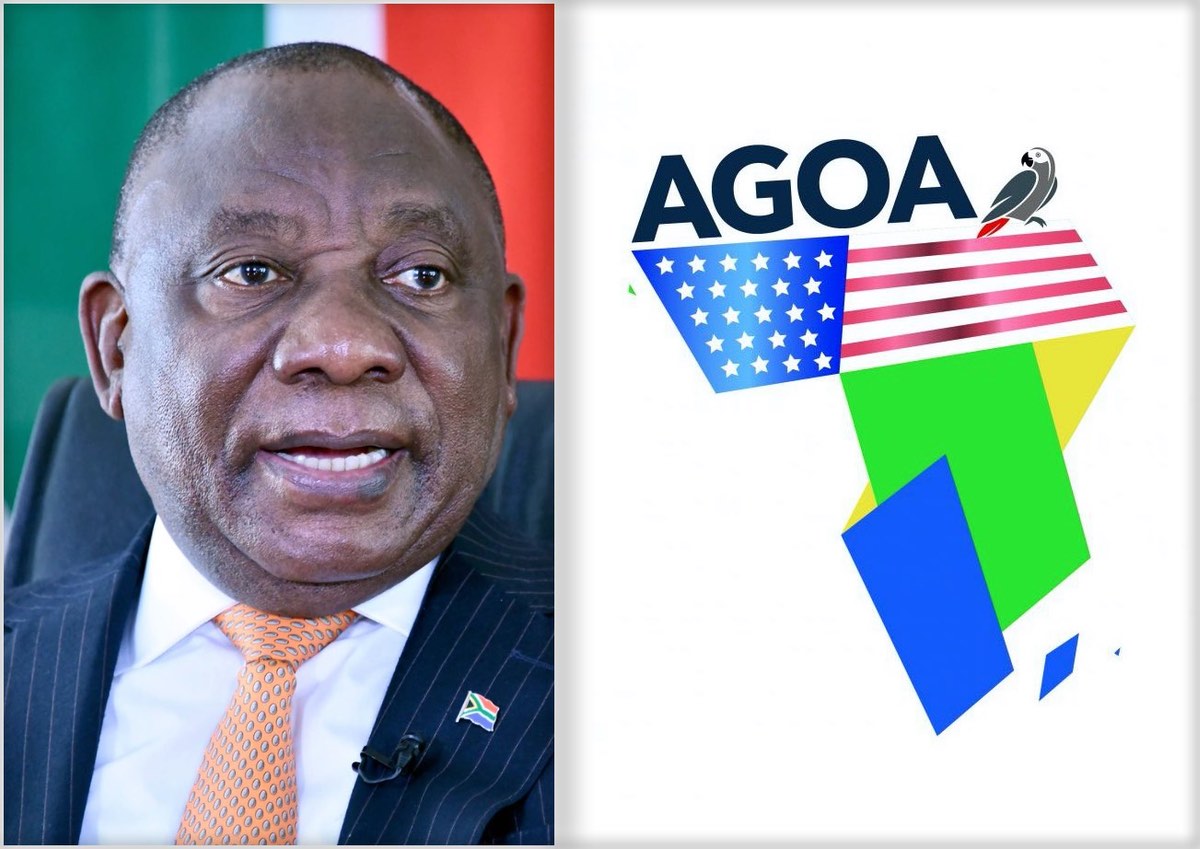It has been a period of uncertainty all over the world over the past year, as the COVID19 pandemic swept across continents. Because of governments’ lockdowns, people have lost jobs and they will never get those jobs back. Businesses have been disseminated, and many will not come back. It has been one of the unfortunate episodes in human history – an episode most of us who lived through it will not forget.
In this difficult time, government officials worldwide must get public policy right to reboot economies. The speed at which the economies rebound is dependent on sound, pro-growth, and pro-market economic policy. South Africa’s government has a greater burden on this front, as the country suffers from structural problems that have left millions unemployed.
The mighty challenge on public policy for the South African government is two-fold: it is domestic policy, and foreign policy. And these areas of public policy impact one another.
On foreign policy, the American Africa Growth and Opportunity Act (AGOA) has preoccupied my mind over the past months. This is an area of foreign policy, trade policy, that the South African government must get right.
AGOA was signed into law in May 2000 by the United States Congress. As Allan Grane explained in February 2017, “AGOA is a trade program meant to establish stronger commercial ties between the United States and sub-Saharan Africa. The Act establishes a preferential trade agreement between the US and selected countries in the sub-Saharan.”
South Africa is one of the beneficiaries of the AGOA program. Our products – from cars to agricultural goods – exported to the United States benefit from the program which provides duty-free access. The access to the US market has been one of the contributors to the growth of our industries.
The AGOA trade program will be renegotiated in 2025, at the end of Joe Biden’s first term as President of the United States.
Now, many have questioned whether South Africa should be a beneficiary of the program. South Africa is a middle-income state – unlike most African countries that are dirt-poor in sub-Saharan Africa. Such questions, I believe, should pressure Cyril Ramaphosa’s government to deal with the US in a cautious manner that does not jeopardize South Africa’s AGOA benefits.
Any kind of feud or tension with the US is not in our interest. And implementing reforms that will improve the state of our country, and reputation in the eyes of the world will help.
We must build a thriving, open and competitive economy to attract foreign investment. We also need a more robust corruption fight to create an investor-friendly environment.
Under Ramaphosa, I must say, the corruption fight has been real. We have seen the purge of corrupt figures over the last three years of Ramaphosa’s first term.
The advocacy of expropriation without compensation (EWC) should trouble us all. The US, since the previous president, Donald Trump, has been closely watching the progress on EWC. If ever implemented, the policy will bring uncertainty on private property rights. And a serious investor, whether local or international, takes private property rights very seriously.
Foreign policy is always driven by national interests, and the desire to advance human rights around the world.
It is not in our national interest at this point to support regimes or movements accused of human rights abuses – from Sudan to Burma to Venezuela to Saudi Arabia to Cuba. We must strive for peace and human rights around the world.
On Israel and Palestine, we have to be strategic. I have been critical of both Israel and Palestine in the conflict.
South Africa is one of a few countries that have decided to limit their engagement with Israel. I think this is a missed opportunity. Because Israel is an advanced and sophisticated country – there are many areas where South Africa and Israel could collaborate for mutual benefits.
We must be neutral on the Israel-Palestine tensions – and work tirelessly to help the two countries achieve peace. That will also make us favourable to the United States from whom we get the AGOA trade benefits.
We should encourage civil organizations within Israel and Palestine to work with each other toward peace; and also encourage them to peacefully pressure their leaders to reignite the negotiations. We have a very active civil society – other nations can learn a great deal from us.
We need to be amongst the facilitators of the process that will get Israel and Palestine back to the negotiating table. Picking sides, boycotting Israel, refusing to deal with it, is counterproductive.
I emphasised on the Israel and Palestine above because Israel is America’s number one ally in the world. Hence we must be strategic on the Israel-Palestine conflict.
AGOA is an opportunity we must exploit for our benefit as a nation. Fixing our country’s socio economic problems will help keep us eligible for the program. Strategy is key – and that strategy should always be in Ramaphosa’s mind.

